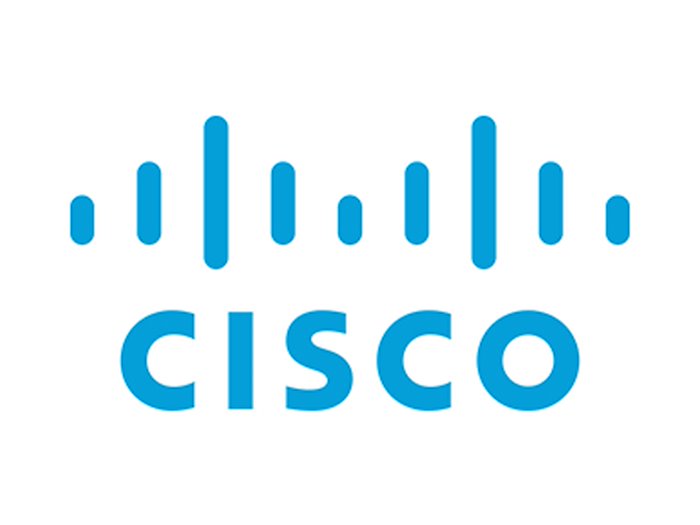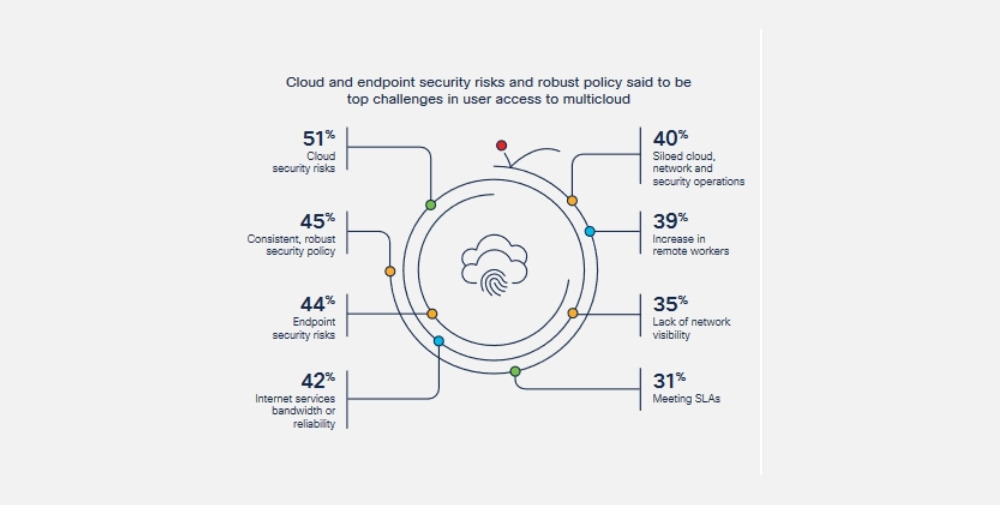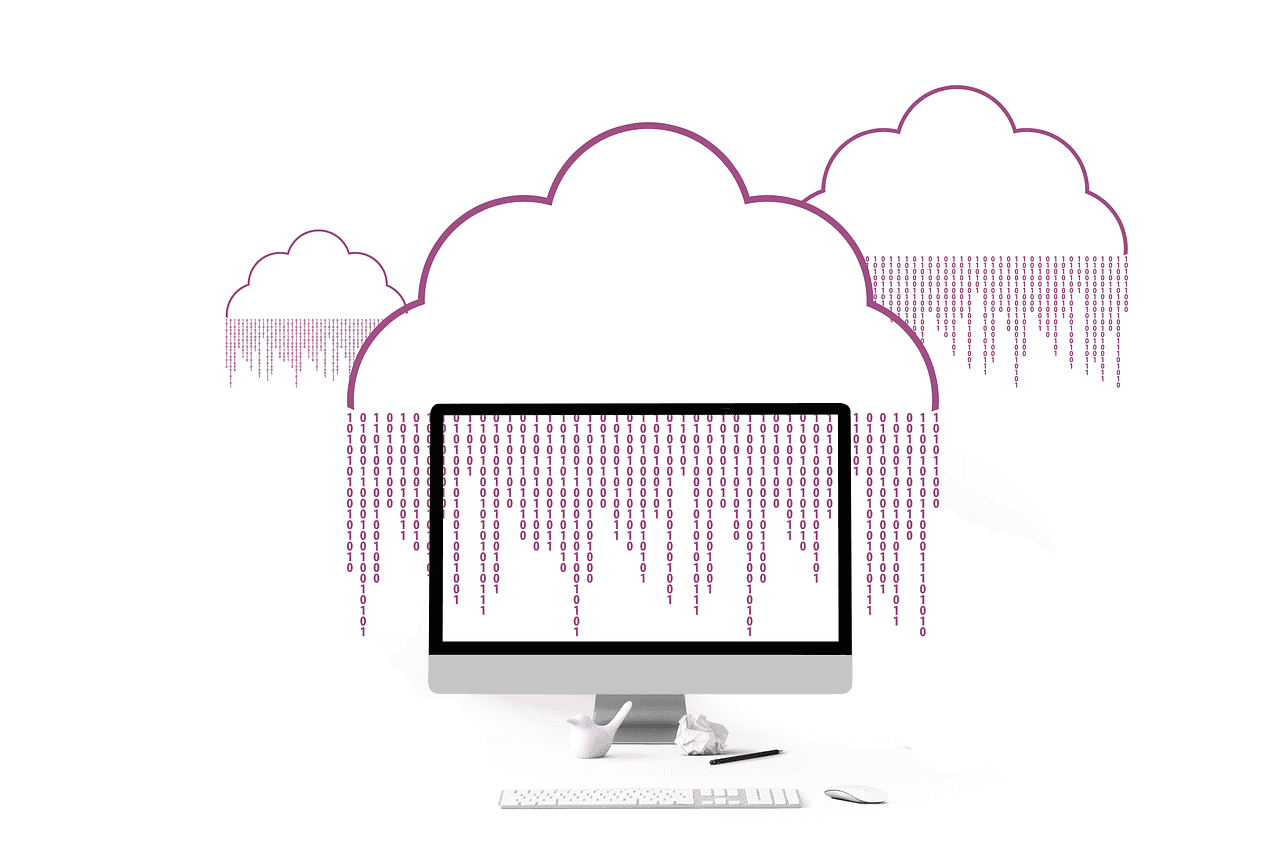
The increasing importance of the cloud in Germany is reflected in the fact that 78 percent of the IT decision-makers surveyed plan to host more than 40 percent of their workloads there by 2025. Currently, only 63 percent of companies are doing so. Cloud use in Germany is still well below its potential. This is also evident in the areas of IT security and agility. Multiple clouds play a subordinate role when it comes to corporate security. This point is only mentioned in penultimate place among the reasons for multi-cloud use (31 percent in Germany, but 45 percent worldwide). In addition, the issues of flexibility and innovation are less significant for German companies when using multiple clouds than for the global average (in Germany 35 percent, worldwide 40 percent).
“German companies were skeptical about the cloud for a long time, and the resulting lag continues to be visible in an international comparison,” says Sven Barten, Enterprise Networking Lead at Cisco Germany. “It is true that the cloud is now used as a matter of course, also due to the pandemic-related enforcement of hybrid work and virtual collaboration. But concerns about transparency, security and smooth integration with the enterprise network continue to make companies in Germany hesitant. Thus, the full benefits of multi-cloud are not yet being realized.”
Technological Priorities
According to the study, high transparency of Internet and cloud traffic is especially important when the majority of user and device transactions take place outside the enterprise perimeter. Thus, ensuring end-to-end visibility across the entire digital service delivery chain is a key concern. One in two IT teams in Germany sees this as a priority for the next two years.
Just over half of respondents (53 percent globally, 48 percent in Germany) also prioritize enterprise network integration with cloud service providers over the same period. It should improve connectivity to cloud-based applications from all locations. In addition, network teams are looking to move from reactive to predictive operations to improve uptime and performance levels. Forty-three percent of respondents in Germany plan to prioritize predictive network analytics over the next two years.
Security as both challenge and solution
Providing secure access to applications distributed across multiple clouds remains the biggest challenge, according to the Cisco study. This is cited by 41 percent of network experts (worldwide and in Germany). Silo operation is of particular importance to the respondents. For 40 percent of them worldwide (30 percent in Germany), it represents a central hurdle that stands in the way of secure access to multiple cloud-based applications at distributed locations. One reason: siloed organizations and traditional models for providing connectivity can hardly meet the dynamic security requirements of distributed applications, people and things.
But security can be not only a challenge, but also a solution. Forty-nine percent of CloudOps professionals and 42 percent of NetOps professionals surveyed worldwide say security is their most important motivator for using multiple clouds. More enterprises are also merging software-defined WAN (SD-WAN) and cloud security to deliver an integrated SASE architecture. Within the next two years, 54 percent of respondents in Germany expect to expand their SD-WAN environments into a full SASE architecture. This is how they plan to connect their branch offices and remote clients.
“Over the past year, IT priorities have shifted: For the first time, agility and business performance are more important than cost and network management,” continued Sven Barten. “At the same time, companies are facing high levels of complexity and uncertainty. This reinforces the need for simple, secure solutions that provide end-to-end visibility, automation and a cloud-based operating model.”
About the Study
The Global Networking Trends Report 2023 is Cisco’s 4th annual study of global networking trends. This year, it focuses on networking in a multi-cloud world. To do so, it sheds light on enterprise trends and priorities. This shows how successful cloud strategies will impact the role of networks in the future. The report is based on a survey of 2,577 IT decision-makers from 13 countries (Germany, France, the UK, the USA, Canada, Brazil, Mexico, Australia, China, Indonesia, South Korea, Japan and Singapore). In Germany, nearly 200 IT professionals from development, cloud and network management were surveyed, particularly “early adopters” of cloud technologies.
Further links
www.cisco.com
To the study
Graphic: Cisco




